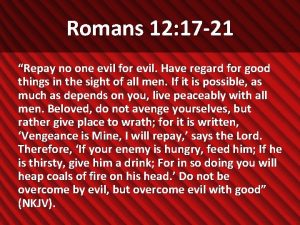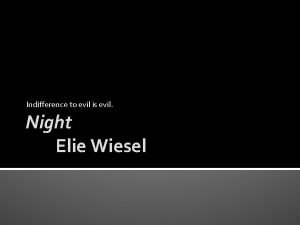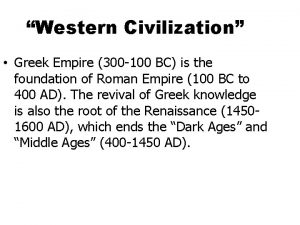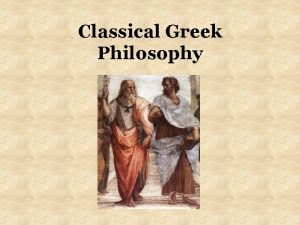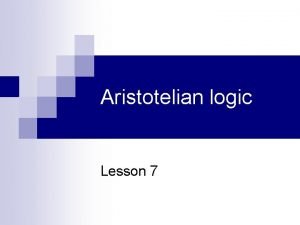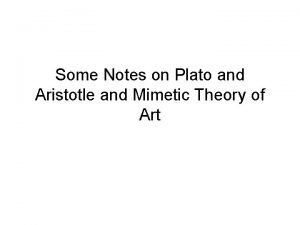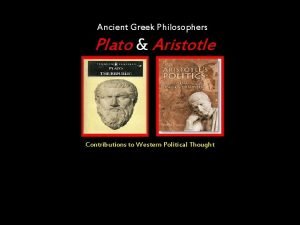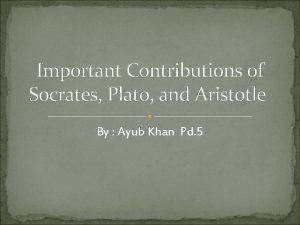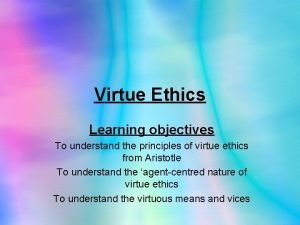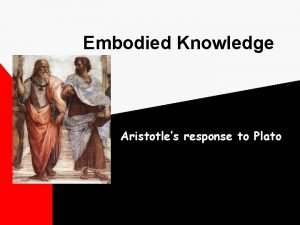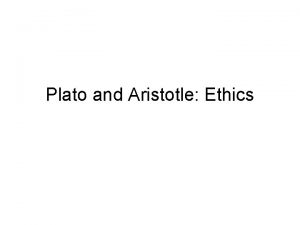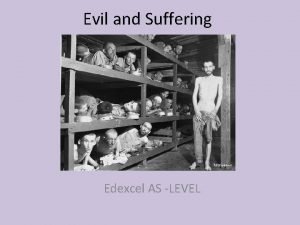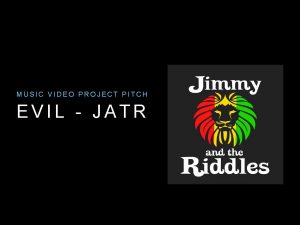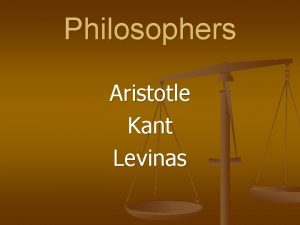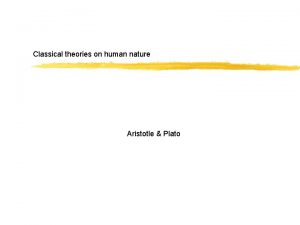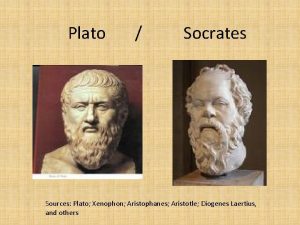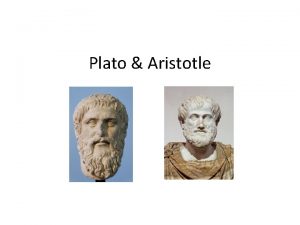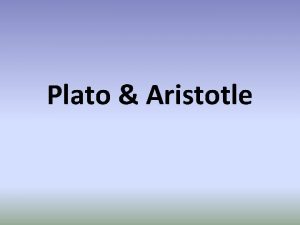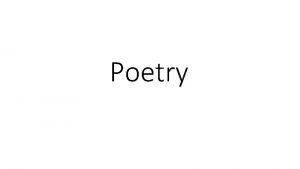Poetry Evil Plato v Aristotle If Plato is












- Slides: 12

Poetry: Evil? Plato v. Aristotle “If Plato is a Fine Red Wine, then Aristotle is a Dry Martini. ” --Eric Stoltz as Chet, Kicking & Screaming

Plato’s Gauntlet. . . • • Let Those Who Love Poetry But Lack its Art Defend It On What Grounds? RIGHT! Philosophy! A Challenge to Aristotle?

Aristotle (384 – 322 BCE) • Nicknamed “The Stagirite” & “The Mind” • Plato’s Student (17 – 37 years old) • Poetics’ Date. . . 335? • Tutored Alexander the Great • Feared Athenians might Kill Him

Poetry = Imitation of Action 1. Music by Harmony & Rhythm 2. Dance by Rhythmic Motion 3. Dithyramb by Harmony, Rhythm, & Language 4. Epics by Harmony, Rhythm, & Language through Narration 5. Comedy & Tragedy by Harmony, Rhythm, & Language through Drama

Poetics’ Definition of Tragedy “Tragedy, then, is the process of imitating an action which has serious implications, is complete, and possesses magnitude; by means of language which has been made sensuously attractive […]; enacted by persons themselves and not presented through narative; through a course pf pity and fear completing the purification [catharsis] of tragic acts which have those emotional characteristics. ” (WAD 155)

Six Parts of Tragedy Plot = Arrangement of Imitated Action’s Incidents • Soul & End of Tragedy, MUST HAVE PLOT! Character • Tragedy Can Exist WITHOUT Characters? ! • Characters =/= Personages • Ethical Characters—Plural! Thought • Any Ideas, Opinions, Debates Expressed—Plural! • Thought =/= Theme for Aristotle Language = Verbal Expression of Thought Music = Harmony & Rhythm Spectacle = All Things Seen • Why Least Important for the Poet Writing Poetry?

What a Complex Plot Should Be • Unity of Action – Whole & Complete – Beginning, Middle, & End – No Double Plots or Subplots • • Unity of Action =/= Unity of Personage Imitate the Universal – More Like Philosophy than History – Not True =/= False, Necessarily – Counters Plato’s Forms Argument • Unity of Time? About a Day

• Have a Recognition • Clears up a Hamartia 1. Only a Miscalculation, an Inaccurate Assumption 2. NOT a “Tragic Flaw” or “Fatal Flaw” • • • Some Fates are Worse than Death A Peripety (Reversal of Fortune) + Portray Pitiful and Fearful Events All During a Tragic Act or Threat : . Catharsis of Pity & Fear (Ta da!)

What is Catharsis? • Poetics Leaves Catharsis Undefined • When Undefined = “Cleanse” • Aristotle’s Politics = A Technical Meaning – Still Leaves Catharsis Undefined! • • • Purgation? Purification? (Else’s Translation) Clarification? Something Else? WE DON’T KNOW!!! Yet “We Know it When We See it”

Politics: Why Catharsis is Good? • Ethical Arguments Persuade Rationally • Catharsis Can Emotionally Habituate Good Citizens • Remember: Ethos = Habit • Good Counter to Plato, but. . . • Is Emotionally Manipulating People to Condition Them to Behave as the State Wants. . . Good?

Worst to Best Tragedies 1. No Tragic Act, Recognition, or Reversal • Already Know Truth, No Tragic Example 2. Have Tragic Act Willfully & Knowingly (w/o Recognition or Reversal) • Euripides’ Medea 3. Have Tragic Act, Recognition, Reversal, & Catharsis but Not Simultaneously • Sophocles’ Oedipus (Surprised? !) 4. Simultaneous Tragic Act, Recognition, Reversal, & Catharsis • Euripides’ Iphigenia at Tauris (Ends Happy)

Hell Hath No Fury. . . • Characters Should Be Ethically Good, Appropriate, Natural (? ), Consistent, & Probable/Necessary • Women and Slave Can Have Good Ethical Characters BUT • Women are “Inferior” & Slaves are “Worthless” • Bravery is Inappropriate for Women • PS: Good Dénouements Come from Character of Personages, NOT from the “Machine”
 Roman 12:17
Roman 12:17 Indifference to evil is evil
Indifference to evil is evil Plato vs aristotle
Plato vs aristotle Socrates stonemason
Socrates stonemason Aristotelian logic
Aristotelian logic Plato vs aristotle
Plato vs aristotle Socrates plato and aristotle worksheet answer key
Socrates plato and aristotle worksheet answer key What is the contribution of plato in philosophy
What is the contribution of plato in philosophy Aristotle eudaimonia
Aristotle eudaimonia Plato vs aristotle
Plato vs aristotle Ethical approaches
Ethical approaches Non narrative poem
Non narrative poem The almond tree poem
The almond tree poem
